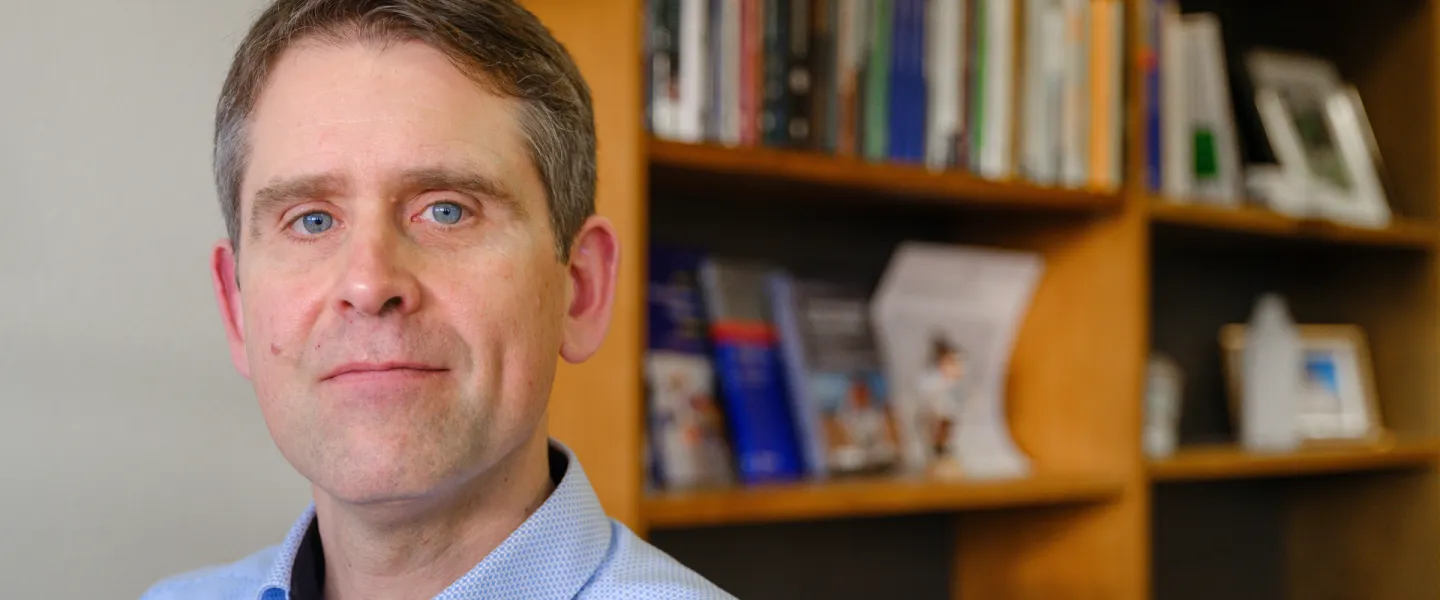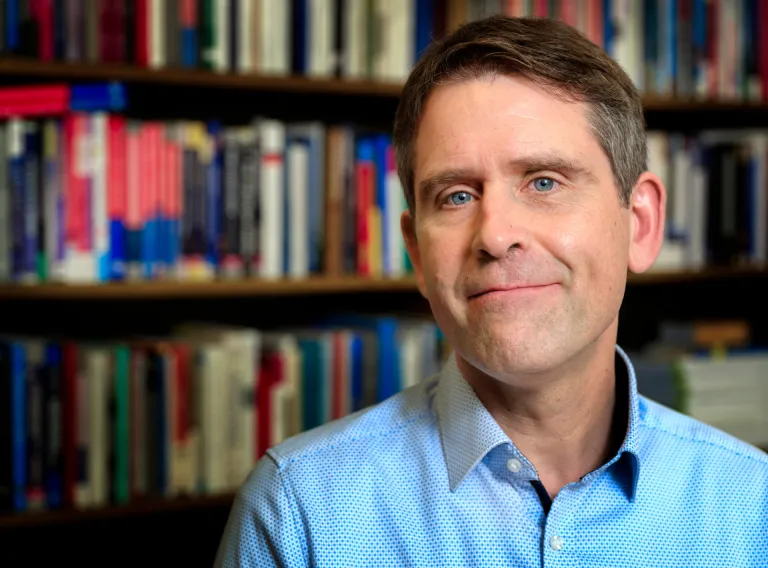
“We are seeing a trend where journalists are increasingly becoming the target of populist politicians. This has serious impact on the status of journalists and on democratic debate in general, particularly in light of journalism’s key role in holding governments accountable,” says Maximilian Conrad, professor at the University of Iceland’s Faculty of Political Science.
The preliminary results of a new study at the University of Iceland show that journalists today live under increasing pressure. The reasons are rooted in the interplay of populism, social media and a changing attitude towards people in the media. Maximilian’s study examines how mass media, as a pillar of democracy, tackle increased violence and distrust in modern society.
Emotions and personal opinions over facts and truth
Maximilian’s study has focused on the so-called post-truth condition of journalism and democracy. In this condition, emotions and personal opinions are a driving force rather than facts and truth.
“This is particularly prominent in political discourse among populist leaders, who use social media to establish an emotional bond with their voters, even when their rhetoric is not based on the truth,” explains Maximilian.
Sensed a change after Trump’s former presidency
The idea for this research was born when discussions on fake news and attacks on the media became more prominent in political discourse. He specifically mentions that this increased in the wake of Donald Trump’s first presidency. “I wanted to study the consequences of this on journalists’ work and democratic debate.”
